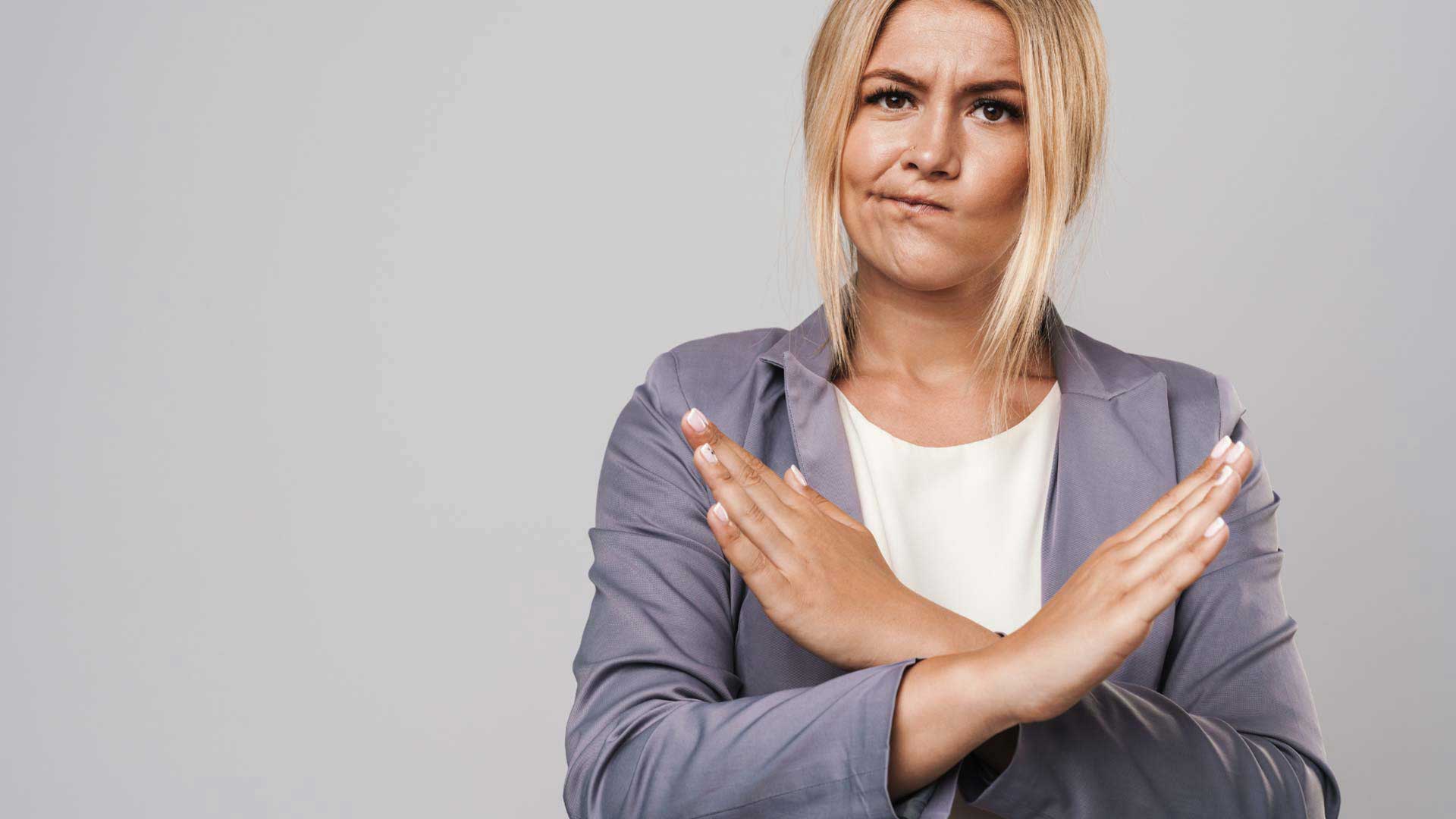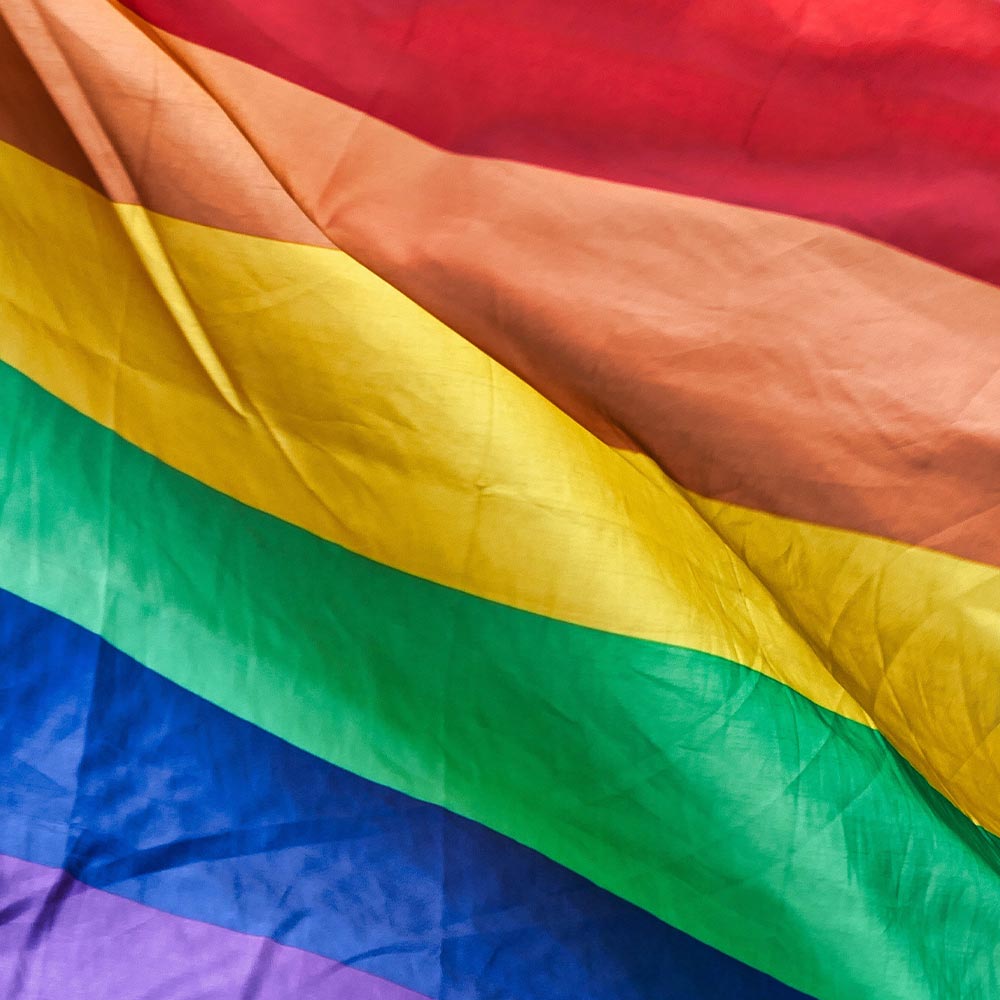
Am I an Imposter?
Impostor syndrome can motivate you to work harder. That being said, additional accomplishments don’t make you feel better.

Impostor syndrome can motivate you to work harder. That being said, additional accomplishments don’t make you feel better.

You may be faced with the question, “Does my child need medication for their mental health?” If your child is worried, sad, angry, or overwhelmed, encourage them to talk to a trusted adult. If they are struggling with things like regulating emotions, controlling anger, or focusing it may be a good idea to discuss it with a medical professional.

Suicide is in no one’s go-to method of dealing with a problem, so if they are experiencing suicidal ideation, chances are that they tried their best to come up with other solutions and haven’t been able to.

The truth is, establishing and enforcing your boundaries is an act of kindness. It prevents you from having the feelings of resentment or annoyance toward people important to you. It also allows you to respect your own needs which in turn create a healthier you.

The wonderful thing about this method is that it requires no speaking and no special skills. It doesn’t even require your partner to be present! But I have seen over and over again that it can truly change and significantly improve the nature of communication in a relationship.

Authenticity is linked to happiness and it is also the foundation of creating healthy relationships. We can cultivate authenticity and live true to our own personality, spirit, and character at any moment.

Boundaries establish what is or isn’t acceptable within a friendship. This may be keeping a secret or accepting when someone says no.

Mental health disorders tend to be prevalent in foster families, either biologically or due to stressful environmental factors. Some studies indicate that update to 80% of foster children suffer with significant mental health disorders.

You may hear people joking that they “forgot how to socialize” or “how to dress in public”. These comments are funny, but also relatable. There is some truth in those statements that we all resonate with.

For most people outside of the LGBTQ+ community, Pride is seen as a rainbow parade full of glitter and colorful celebration. However, Pride represents much more than this. Pride celebrates dignity, equality, connection, self-affirmation, and increased visibility of the LGBTQ+ community.
Feeling Safe
I feel safe at CFS. I know the staff is professional and understanding and that my thoughts and feelings will be heard and are valid.
Building Strength
My treatment at CFS has helped me find the ability to continue on through a horrible time. The office staff always greets me with a smile, that’s great.
Embrace New Ideas
It’s great to have someone to talk through my thoughts and feelings with — to get things out into the universe and have a neutral party help me learn how to process, try new things, embrace different ideas.
© 2023 Covenant Family Solutions